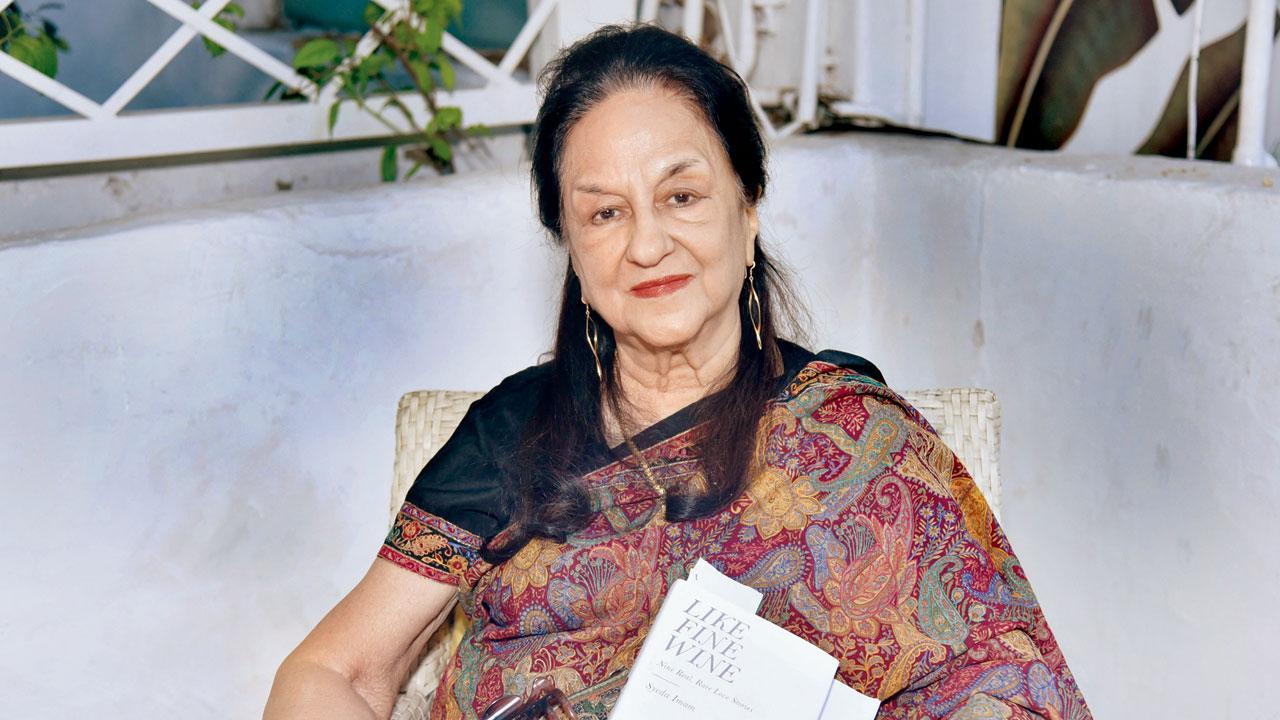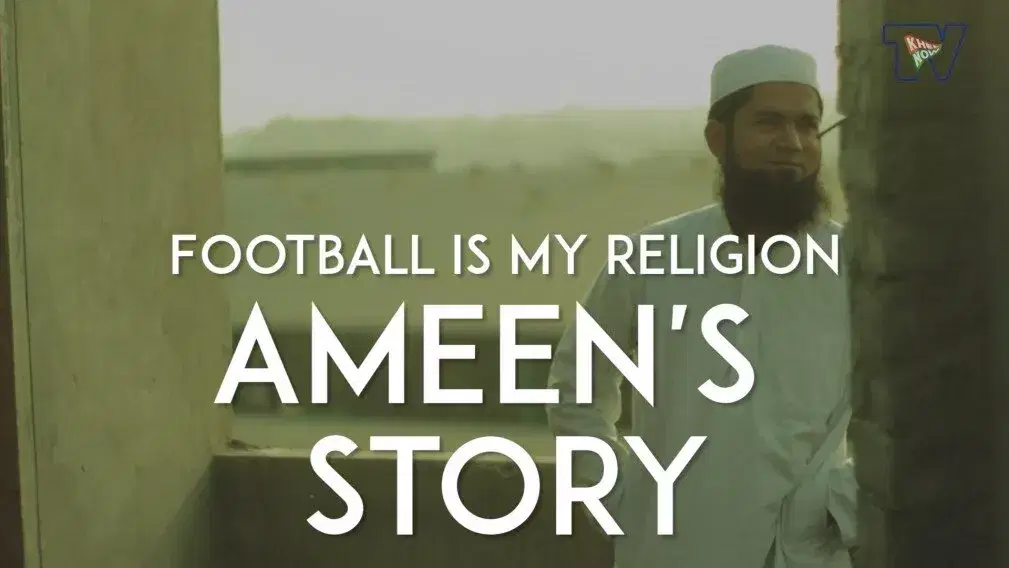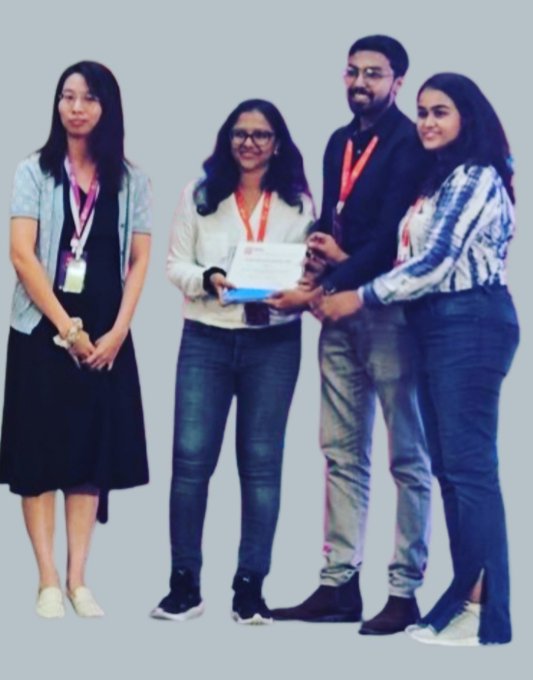NEW DELHI :
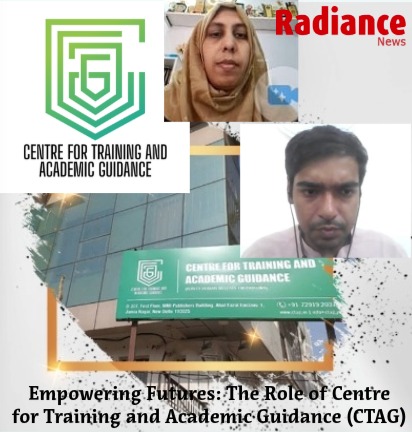
Through its dedication, sensitivity, and comprehensive approach, CTAG empowers individuals from socio-economically weaker backgrounds to pursue their dreams and aspirations.
In the pursuit of a brighter future for all, particularly those from socio-economically weaker backgrounds, initiatives like the Centre for Training and Academic Guidance (CTAG) play a pivotal role. CTAG, a non-profit organization under the auspices of the Human Welfare Foundation, is dedicated to providing career counseling and guidance to students hailing from such backgrounds.
In this exclusive interview, Ayesha Sultana, Assistant Editor of Radiance and an educator and academician by profession, engages in a conversation with Faizy Rahman, a dynamic individual with a diverse educational background, holding a BTECH in Mechanical Engineering from DTU and an MA in Psychology from DU. Currently serving as the Centre In-Charge of CTAG, Mr. Rahman brings a unique blend of technical expertise and psychological insight to his role. With her keen interest in initiatives aimed at empowering individuals from diverse backgrounds, Ayesha delves into CTAG’s mission and impact through her insightful questions.
Q: Could you provide an overview of CTAG’s mission and objectives?
A: CTAG’s mission is to provide career counseling and guidance to students from socio-economically weaker sections of society. We aim to empower individuals with the knowledge and tools to make informed career decisions, thereby opening doors to brighter futures.
Q: What inspired the establishment of CTAG, and how does it aim to make a difference in the lives of its beneficiaries?
A: CTAG was established to address the barriers faced by students from disadvantaged backgrounds in accessing career guidance. By providing personalized guidance and support, we strive to empower our beneficiaries to pursue fulfilling career paths aligned with their interests and aptitudes.
Q: Can you elaborate on the services and programs offered by CTAG to achieve its objectives?
A: Certainly. CTAG offers a range of services including psychometric assessments, individual counseling sessions, group workshops, career awareness workshops, and scholarship support. Additionally, we provide training programs for teachers and counseling professionals to enhance their skills in guiding students effectively.
Q: How does CTAG ensure its guidance and assessments are culturally sensitive, particularly in states across North India?
A: Cultural sensitivity is integral to our approach at CTAG. We tailor our assessments and guidance to suit the cultural backgrounds of our students, ensuring that our services are relevant and effective. By understanding and respecting cultural nuances, we aim to build trust and rapport with our beneficiaries.
Q: What initiatives does CTAG undertake to engage with the community and raise awareness about career guidance?
A: CTAG actively engages with communities through outreach programs, workshops, and seminars to raise awareness about the importance of career guidance. We collaborate with local organizations, schools, and colleges to reach a wider audience and provide valuable insights into career options and opportunities.
Q: As CTAG expands its reach, what are some future goals and aspirations for the organization?
A: Our future goals include expanding our reach to underserved communities across India and enhancing the quality and accessibility of our services. We aim to leverage technology and innovation to reach more individuals and provide them with the guidance and support they need to pursue their aspirations.
Q: How does CTAG measure its impact and success in empowering individuals from socio-economically weaker backgrounds?
A: CTAG evaluates its impact through various metrics including the number of beneficiaries served, feedback from beneficiaries and their success stories, partnerships formed with educational institutions and community organizations, and post-counselling tracking of students. We continuously assess and refine our programs to ensure they effectively meet the needs of our beneficiaries.
Q: What kind of help do you provide after career guidance for placements?
A: We offer an Employability Enhancement Program which includes assistance on how to face an interview and writing CVs.
Q: What else does CTAG offer besides career guidance?
A: CTAG also provides training for teachers and mentors, as well as one-day career guidance counselor workshops. Additionally, we offer a Career Guide Training Program for individuals interested in becoming professional career counselors. We also conduct a 5-day program for comprehensive guidance, annually.
Q: How can individuals access all the information provided by CTAG?
A: We have a career library and an updated website which provide information on various courses, admissions, university notifications, etc.
Individuals can access information through our website, www.ctag.in and/or contact us via WhatsApp at 72919 20374.
In a world where opportunities are often scarce, organizations like CTAG serve as beacons of hope, guiding individuals towards brighter futures. Through its dedication, sensitivity, and comprehensive approach, CTAG empowers individuals from socio-economically weaker backgrounds to pursue their dreams and aspirations. As it continues to expand its reach and impact, CTAG remains committed to shaping careers and transforming lives for the better.
source: http://www.radiancenews.com / Radiance News / Home> Face to Face / by Ayesha Sultana, Radiance News Bureau / May 05th, 2024
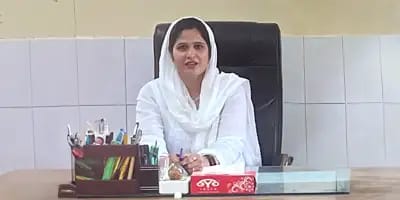
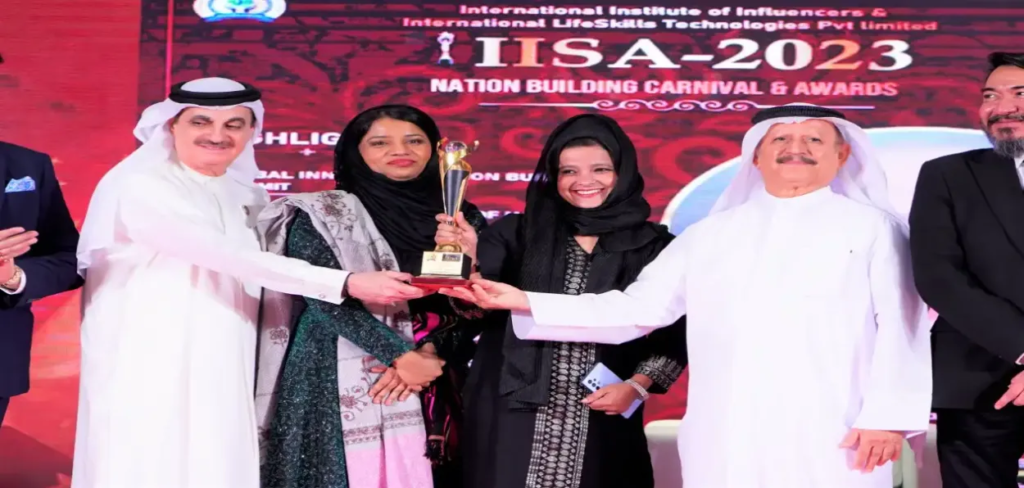
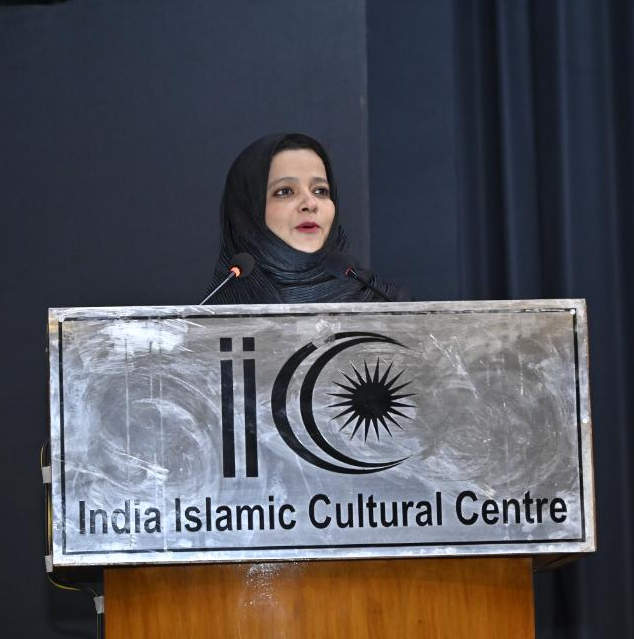
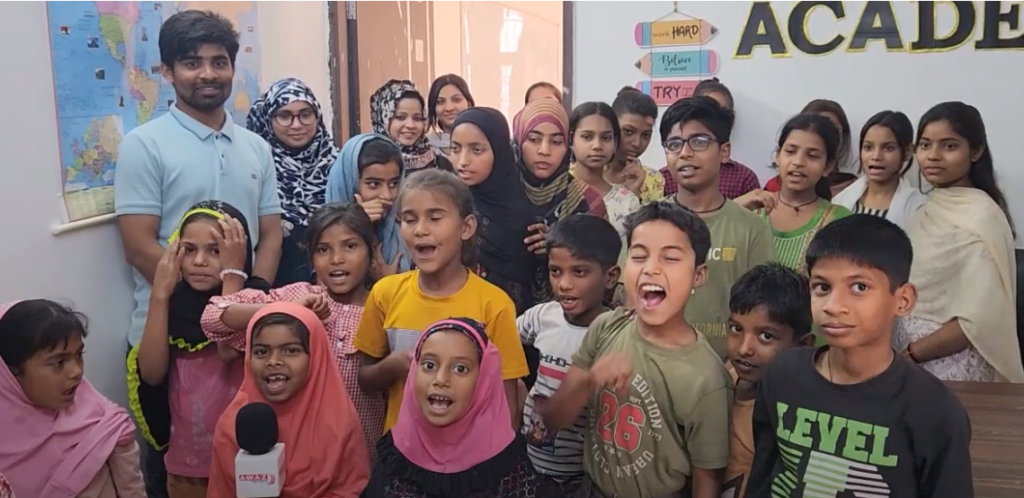
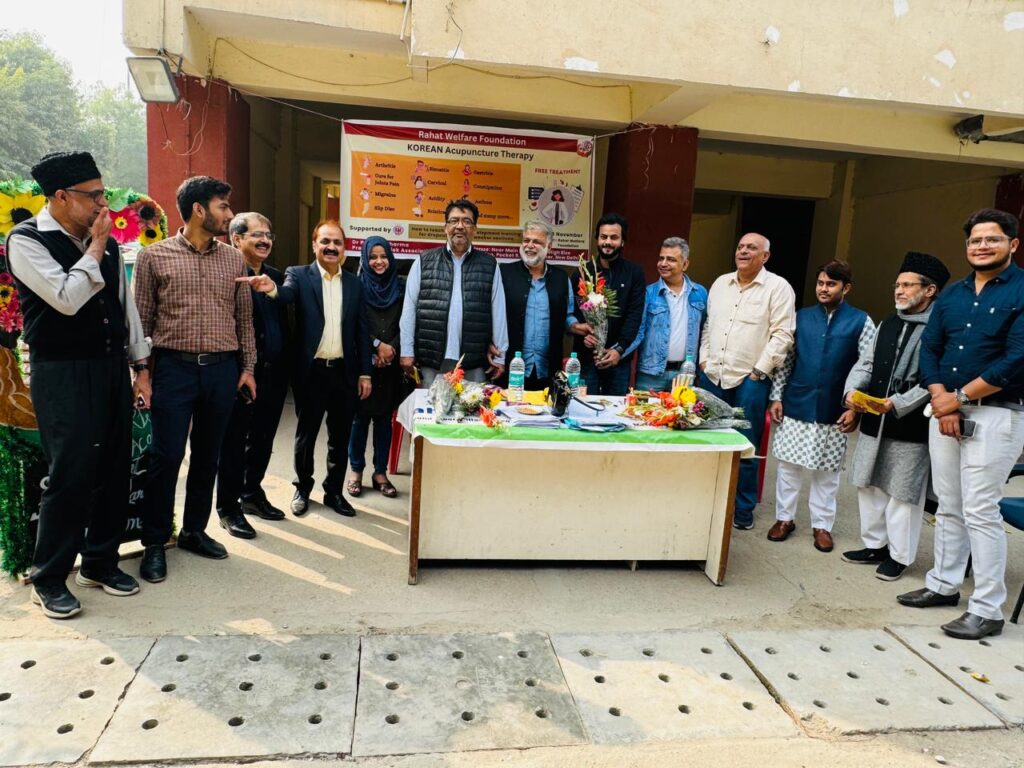
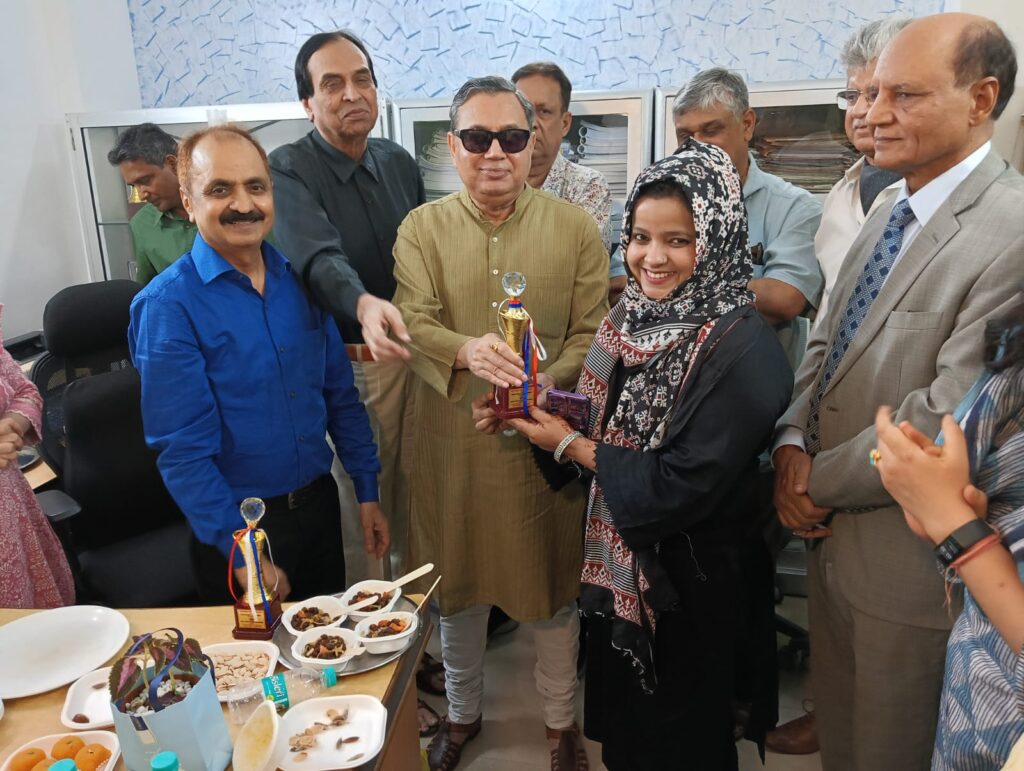
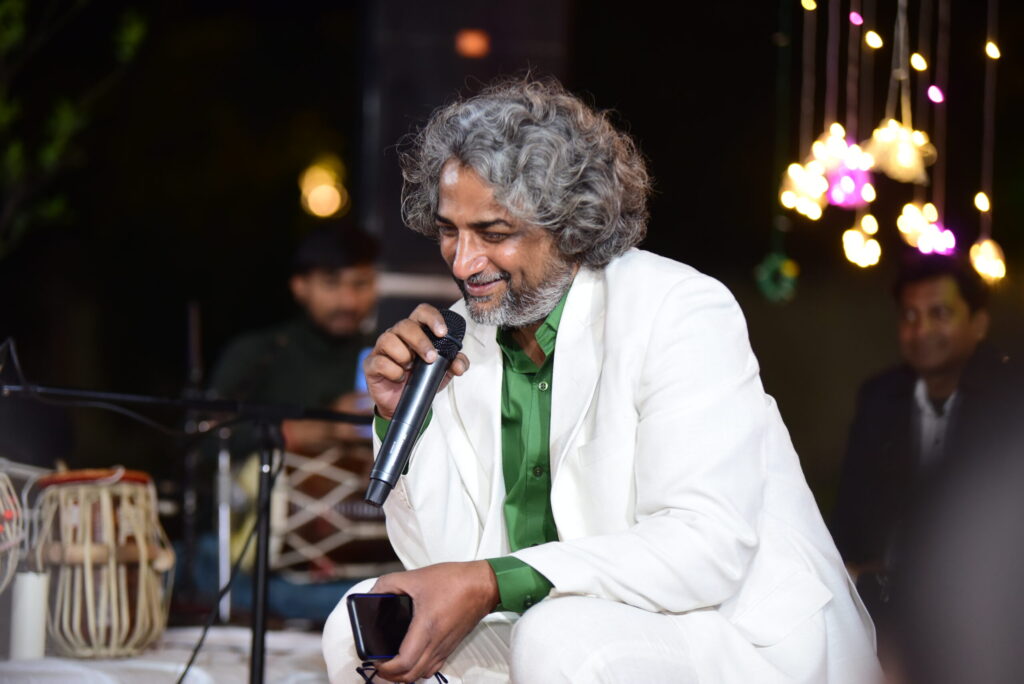
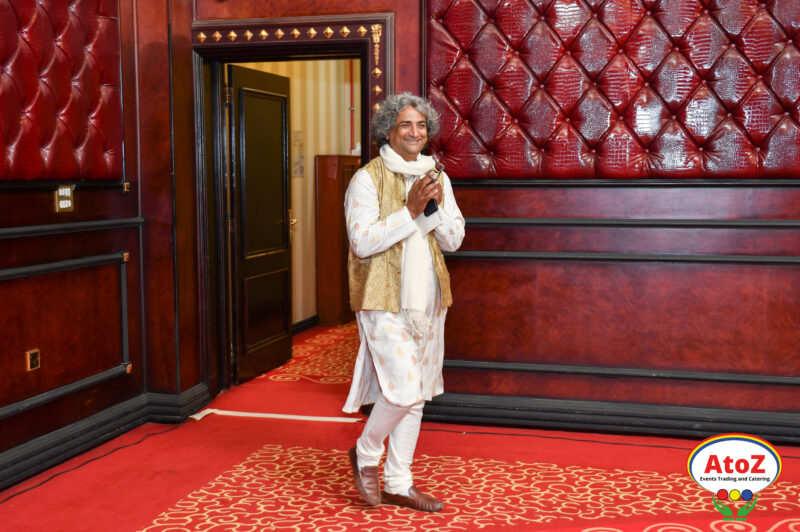
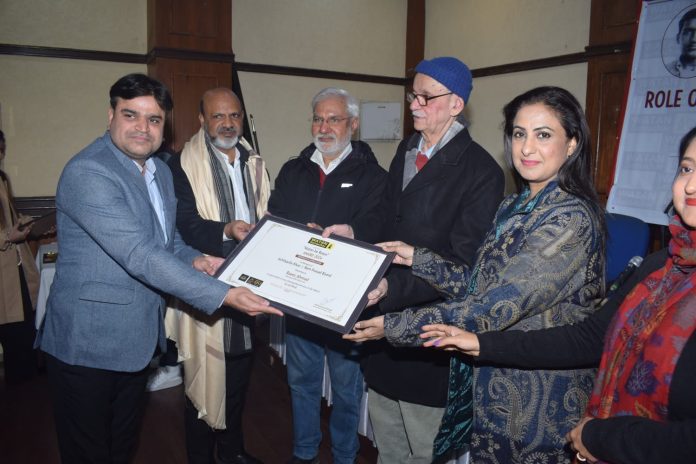
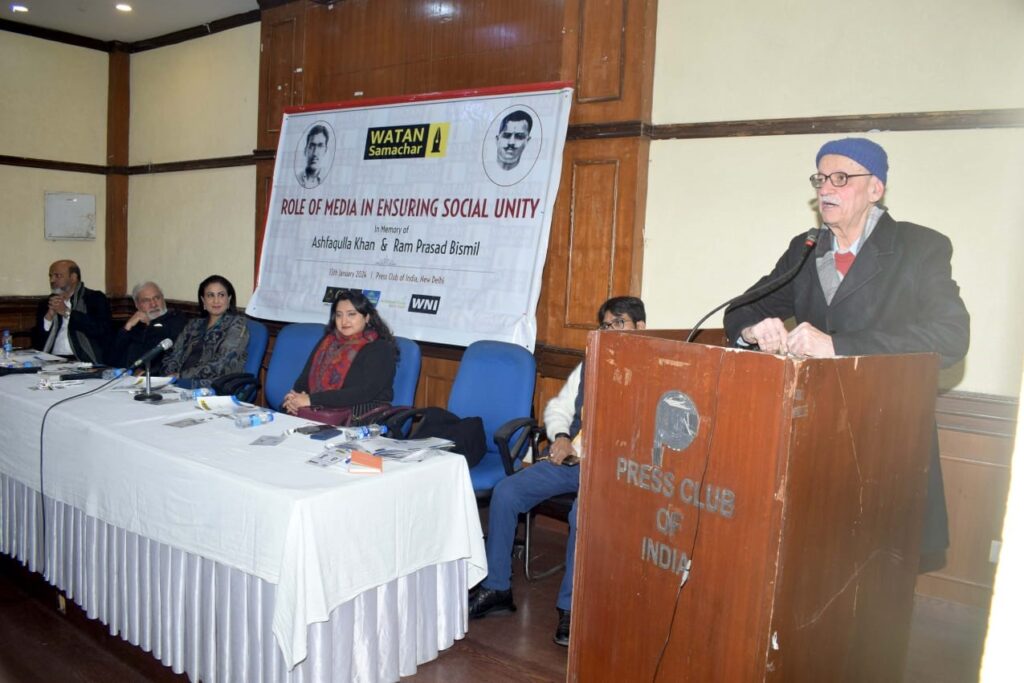
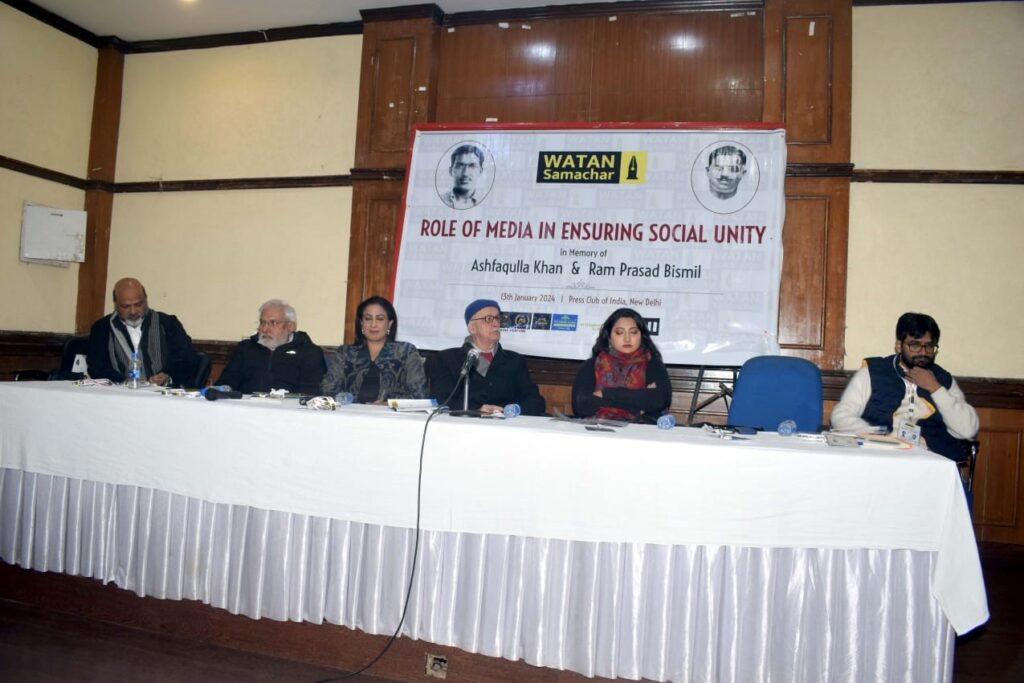
:quality(70)/cloudfront-eu-central-1.images.arcpublishing.com/thenational/6SURHLI3U5GFHIKZAHWPTRSI7Y.jpg)
:quality(70)/cloudfront-eu-central-1.images.arcpublishing.com/thenational/NMJCTTFTNFA4LG63XQWZD3FJZM.jpg)
:quality(70)/cloudfront-eu-central-1.images.arcpublishing.com/thenational/KIUTISW4DFCIJIZZWPSWFNBO7M.jpg)
:quality(70)/cloudfront-eu-central-1.images.arcpublishing.com/thenational/WK4SP6572FDITEWC3ZFRW4BJMQ.jpg)
:quality(70)/cloudfront-eu-central-1.images.arcpublishing.com/thenational/FQN33UZUQBBHFFOMZBUUHNUZRE.jpg)
:quality(70)/cloudfront-eu-central-1.images.arcpublishing.com/thenational/TQMPVWCPANB3TBZO3ZLBNJDYLY.jpg)
:quality(70)/cloudfront-eu-central-1.images.arcpublishing.com/thenational/XEMAS2AQCRCHHJFMFYRWXRCFSE.jpg)
:quality(70)/cloudfront-eu-central-1.images.arcpublishing.com/thenational/MZL6F5Q2ZZCWFCI5VHCGX3SYH4.jpg)
:quality(70)/cloudfront-eu-central-1.images.arcpublishing.com/thenational/PUNDIPNOZFDMBOW2RXK5I7E6LY.jpg)
:quality(70)/cloudfront-eu-central-1.images.arcpublishing.com/thenational/VSAVCCM56RGUPC7CH7QPSPAOIU.jpg)
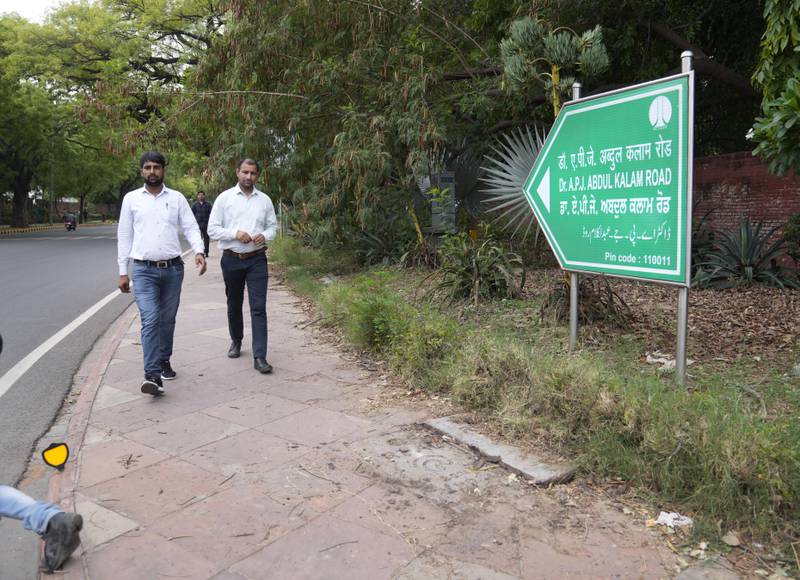
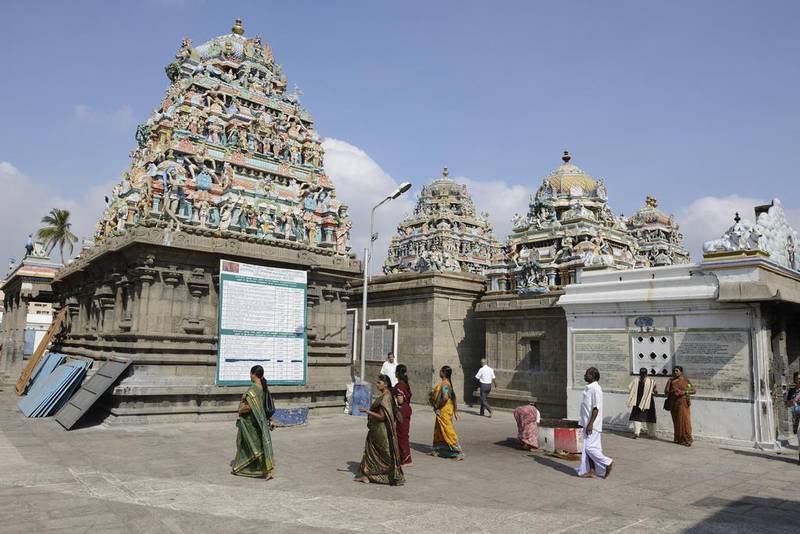
:quality(70)/cloudfront-eu-central-1.images.arcpublishing.com/thenational/DK66JSEL3NH63PKODJVBAKGCEU.jpg)
